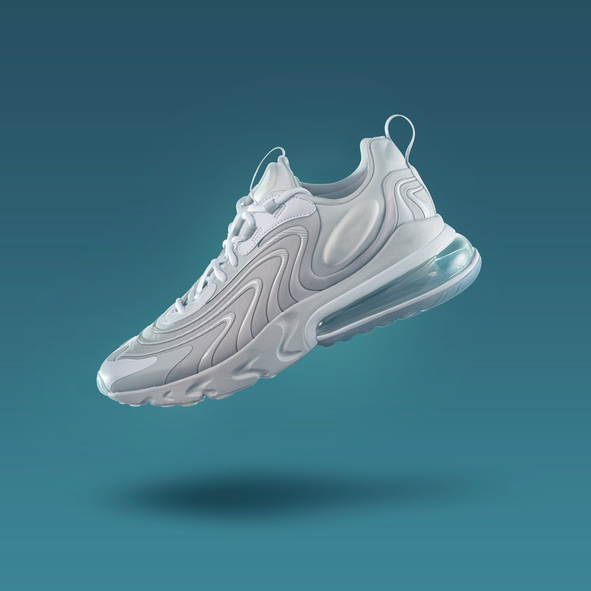Over this past week, Nike seems to have been courting disaster by featuring Colin Kaepernick in their “Just Do It; 30th Anniversary” campaign. Featuring several still ads and a two-minute video spot, the campaign dares us to “Dream crazy.” But was Nike “dreaming crazy” when they released an image of Kaepernick’s face with type across saying, “Believe in something. Even if it means sacrificing everything”?
The controversy surrounding the former San Francisco quarterback has been well publicized at this point, and most Americans have already decided where they stand on the issue. Those who disagree with Kaepernick’s protests were quick to react. Shoes are being burned in backyards left and right. Nike socks are being cut up. Customers are threatening to never buy a Nike product again. John Rich, member of country duo Big & Rich, let out his own tirade against the company, the tweets of which went viral.
Every issue has two sides, however. Supporters of the athlete were just as fast to praise Nike. Chris Paul, of the Houston Rockets, shared his thoughts on the ad with a simple tweet: “Well done.” Rapper Ludacris let the world know that we were, “witnessing history” from the ads.
With such intense reactions, this ad begs the question: does taking a side hurt Nike more than it will help them? This is not Nike’s first time jumping into the middle of a hot button issue. In 1995, in the middle of the AIDS crisis, the company released a 30 second spot featuring Ric Munoz, an openly gay and H.I.V-positive runner. Complaints were quick to come in for this ad as well, and obviously Nike persevered.
As a comparison, let’s index this against another brand that took a hit a year ago for a spot that wasn’t quite as polarizing: that Pepsi/Kendall Jenner ad from 2017. The outcry by the public was so intense that Pepsi pulled the ad entirely. Did this hurt the company though? A study preformed by market research company YouGov, along with Marketing Interactive, took a look at the effects of this ad. While their public image was certainly affected for a couple months, the ad didn’t seem to affect their customers’ intent to purchase. Over that same quarter, Pepsi net revenue met expected goals, growing 2%.
So how will this affect Nike? Early surveys show the campaign will help out more than it hurts. According to YouGov, recent Nike customers will look positively on a brand that is not afraid to enter into a public discussion.
Further, YouGov also conducted a study to find out how Nike customers feel towards Colin Kaepernick. The results were pretty clear. 46% of recent customers see him in a positive light as opposed to 23% who see him negatively. Compare this to the general public, and you can see why the quarterback was chosen over some less controversial athletes. Not to mention the amount of public attention this campaign has garnered. Last week, this dominated social media and news sites.
Time will tell the long-term effects of this campaign, but early signs are not looking nearly as bad as the recent outcry leads people to believe. This was a calculated move by Nike. Whether you agree with their choice or not, you’re talking about the issue and, more importantly, you’re talking about Nike. That is exactly what they wanted you to be doing.
